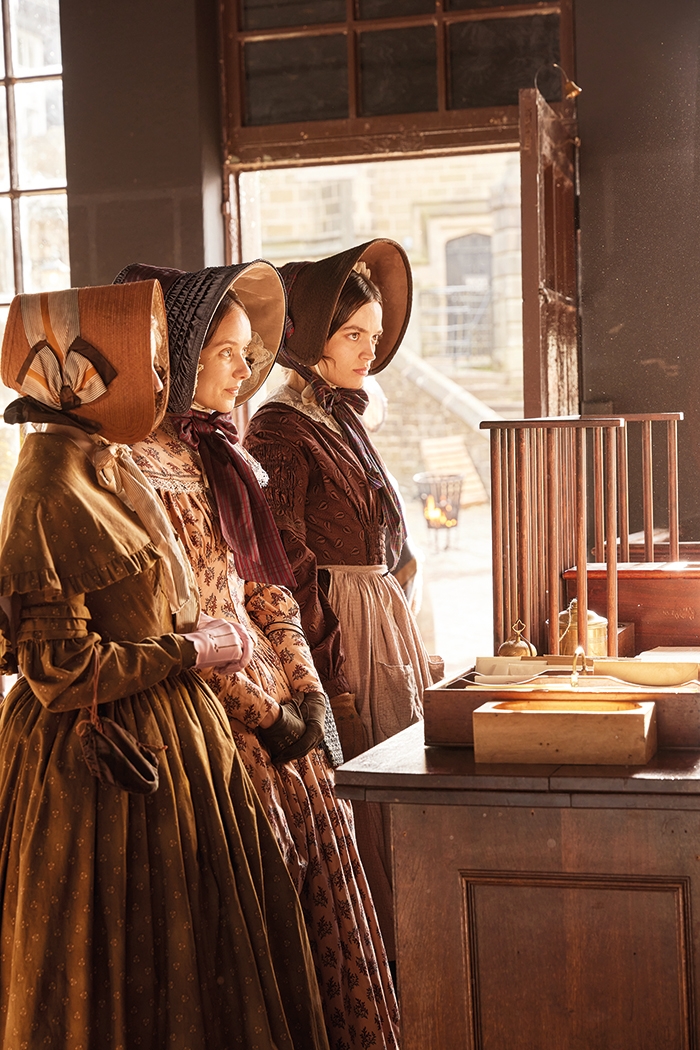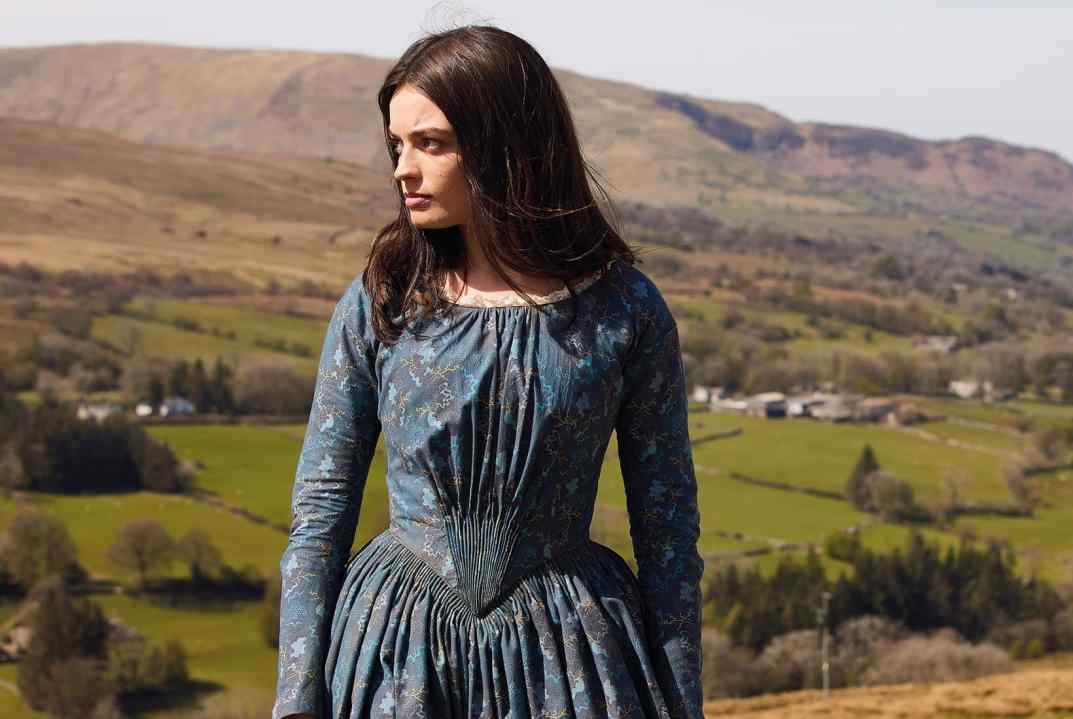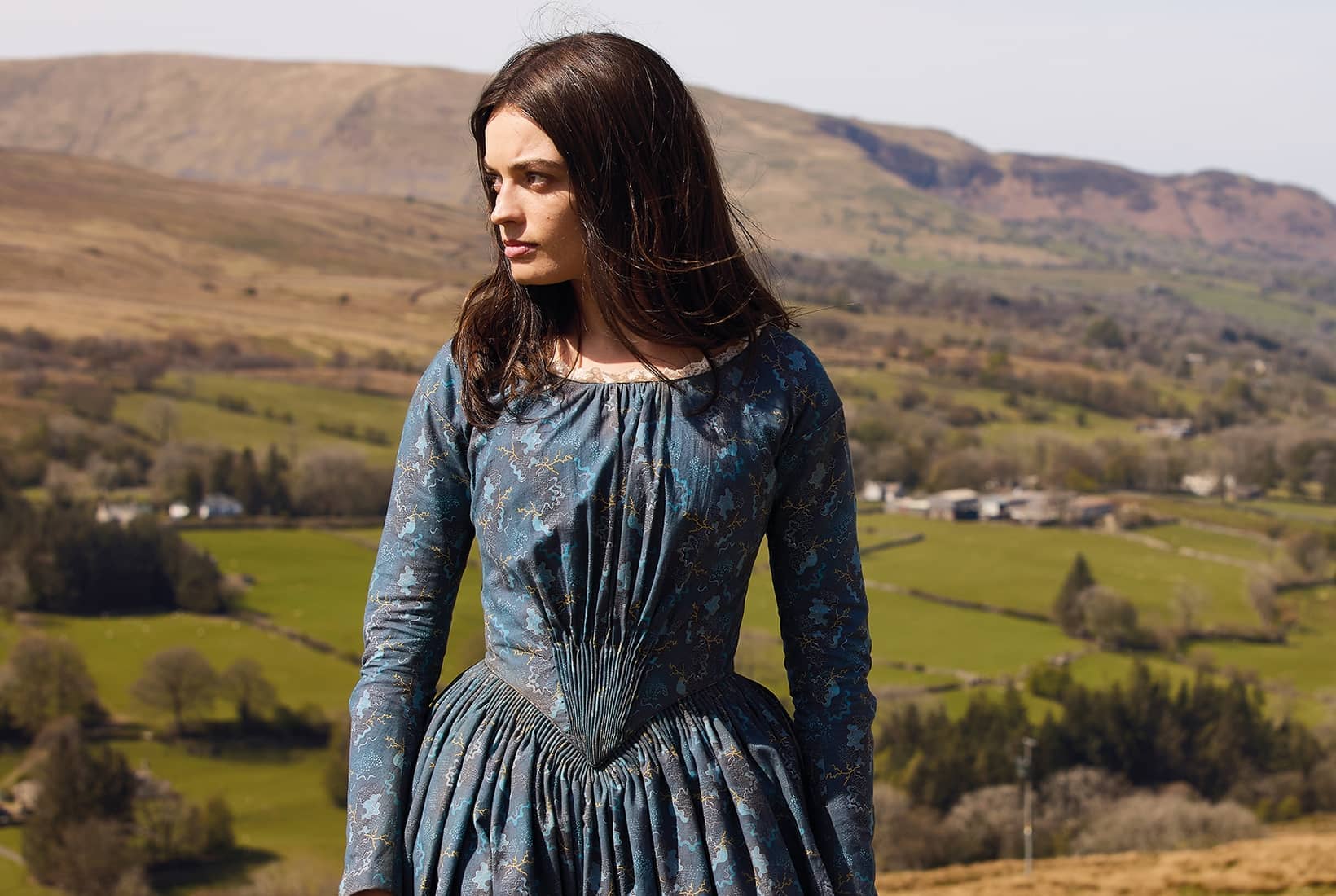The life of Emily Brontë is an enduring object of fascination. So small, the life, so sparse, so limited. Yet it delivered those magnificent poems and Wuthering Heights. How could this be? Genius, I suppose, paired with a vivid interior life. But as neither of those are cinematic, Emily imagines what could have led her to write as she did. It’s a ‘speculative biopic’, and modern, but there’s no Billie Eilish on the soundtrack or breaking of the fourth wall or jokey intertitles or any of those larks, which is a mighty relief. Instead, it’s daring, and ravishing. If you’d asked me if Emily might have ever tried opium, or had a passionate affair with a sexy curate, I’d have laughed in your face. But here I absolutely bought it.
It’s actor Frances O’Connor’s first time behind the camera yet there is nothing tentative about this film. Emma Mackey, from Sex Education, stars as Emily, turning in a performance so ferocious it will put you in mind of Florence Pugh in her breakout film, Lady Macbeth. It has that same raw, powerful energy. The film opens with Emily, who died at 30, on her deathbed as her younger sister, Anne (Amelia Gething), is asking her: ‘How did you write it? How did you write Wuthering Heights? It’s an ugly book and base and full of selfish people.’ ‘Good,’ replies Emily. Anne doesn’t much figure in the film after this, but then Anne never much figures. (Poor Anne.)

It sounds insane – Emily Brontë, drunk! And high! – but within the film’s internal logic it makes sense
We spool back in time to when the parsonage at Haworth was populated by Emily, Anne, Charlotte (Alexandra Dowling), Branwell (Fionn Whitehead), their father (Adrian Dunbar) and their aunt (Gemma Jones).









Comments
Join the debate for just £1 a month
Be part of the conversation with other Spectator readers by getting your first three months for £3.
UNLOCK ACCESS Just £1 a monthAlready a subscriber? Log in